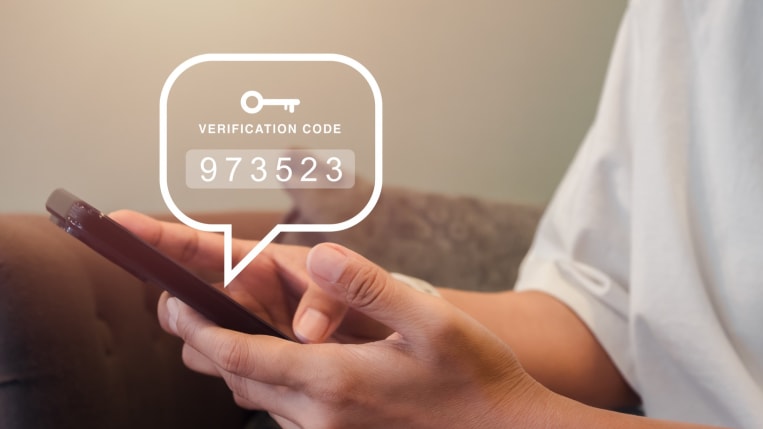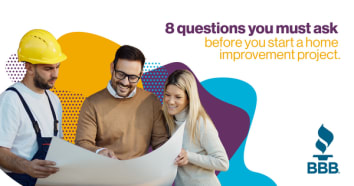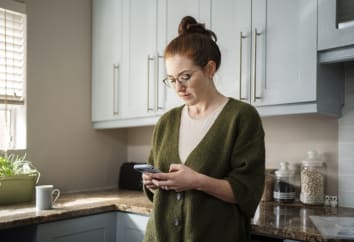
BBB Tip: Six-digit verification code safety

(Getty Images)
What's a verification code, and why are they so important?
Six-digit verification codes are a form of two-factor authentication, a process that helps keep your important online accounts secure. For example, you might get a text message or email with a six-digit code that you must enter when you log into your bank account to confirm your identity. This extra level of protection keeps scammers and hackers out.
Scammers know they need those codes to get into your accounts – so they may pose as someone you trust, such as a representative from your bank or utility company, and ask for the code. If you give them the code, they can log in and access your personal information or money.
Verification code scams can also happen on social media. BBB has warned in the past about a scam on Facebook Marketplace where scammers posed as buyers and requested a seller’s phone number and six-digit code to “verify the seller is real.” The scammers were likely using the phone numbers to set up Google Voice accounts, which they then went on to use for other schemes or to commit identity fraud.
There’s no situation where you should share a six-digit verification code – not even with customer service or tech support. If someone asks you for your code, it's likely a scam.
How to use verification codes safely:
- Use the code right away and delete it from your texts or emails after you log in to your account.
- Never give a verification code to a stranger. No one should ever ask you for a six-digit verification code – not a stranger on social media, not tech support, not even your bank. If someone does, end the conversation and block their number.
- Don’t give in to pressure. It’s a red flag if someone insists you need give to them a code immediately, says that something is wrong with your account or threatens that something bad will happen if you don’t give them the code.
- Contact customer service directly if you think there’s a problem with one of your accounts. Use a phone number you trust, such as the number on a past statement or a verified number from your phone's address book. Beware of unsolicited messages claiming something’s wrong with your account.
- Don’t share your phone number with strangers. Most social media sites and online marketplaces have built-in messaging, so you shouldn’t need to give a stranger your phone number to have a conversation or make a sale. Never share your phone number in a public social media post.
- Know scam protection policies. Most websites or apps that allow you to talk to strangers (like dating apps, online marketplaces or vacation booking sites) have fraud prevention policies – but you lose that protection if you take the conversation elsewhere. Be cautious if someone you just met insists on messaging you through another platform.
- Report it. If someone asks you for a verification code, report the conversation to BBB Scam Tracker.
- If you think someone is impersonating your bank or another organization, contact them using a phone number you trust to let them know.
- If you run into a scammer on social media or your account has been compromised, you can report it to the social media platform.
For more information
Learn more about social media scams.
Spot scams targeting Facebook Marketplace sellers.
Visit BBB's consumer HQ for more tips and resources.
BBB St. Louis contributed this article.
Related News
Still Need Assistance?
Contact Your Local BBB
Your local Better Business Bureau can assist you with finding businesses you can trust. Start With Trust®.
Additional Resources
Let BBB help you resolve problems with a business
Research and report on scams and fraud using BBB Scam Tracker
Learn more about the value of BBB Accreditation


